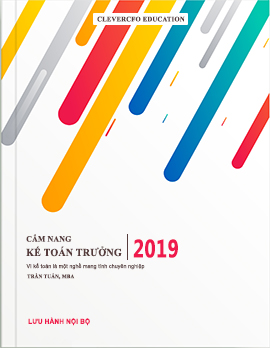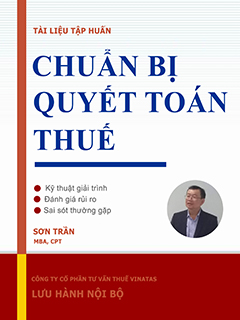Hisako Saka, a hostess at a bar called Bouqet in Tokyo’s high-class enter tainment area, is complaining. Customer go home before the last train and order far fewer drinks. They are less cheerful and talk about restructuring all the time she said.
Fewer girls are deciding to become hostesses. My salary has halved’. Corporate entertaining is in steep decline. Newly released fig-ures from Japan’s National Taxation Administration have revealed that Japanese companies spent 13.3 per-cent less on entertaining and gifts in the year to last January than in the previ ous year
The latest figures show spending on ontertainment is at its second lowest level since records began in 1961. The decline indicates that the high spending days of the 1980s are over and that a new phonemenon cost control - has entered the corporate dictionary.
As the credit - entiron ment has tightened, loasses havemultiplied restructuring has taken noid and the concept of sharehoider value has crossed the Pacific, leading to entertainment budgets being cut. In the boom days some executives would think lit tle of runing up a ₤7000 bill in one night entertaining an importortant calient.
These days the entertainment still goes on but at more modest estblishments. Cheaper restaurants are busier and karaoke parlours are being choesn over expensive nightclubs.
Kunio Sato, a bar owner for the past the past 35 yearts in Ginza, Tokyo’s most famous entertainment area, said sadly Companies are much stricter these says with what they will let theie employees spend compared with the old days
The cost cutting does not end st the bar. Some of Japan’s huge conglomeretes have cut down ritual corporate gife giving. Budgets for gifts at new year have, in some casses, been cancelled, forcing employees to buy the giflts themselves, according to an employee at one large conglomerate
From the out side, the discovery buy Japanese compahnies of bassi cost control can be seen as an encouraging development in an economy that had previously let spending run wild
Fewer girls are deciding to become hostesses. My salary has halved’. Corporate entertaining is in steep decline. Newly released fig-ures from Japan’s National Taxation Administration have revealed that Japanese companies spent 13.3 per-cent less on entertaining and gifts in the year to last January than in the previ ous year
The latest figures show spending on ontertainment is at its second lowest level since records began in 1961. The decline indicates that the high spending days of the 1980s are over and that a new phonemenon cost control - has entered the corporate dictionary.
As the credit - entiron ment has tightened, loasses havemultiplied restructuring has taken noid and the concept of sharehoider value has crossed the Pacific, leading to entertainment budgets being cut. In the boom days some executives would think lit tle of runing up a ₤7000 bill in one night entertaining an importortant calient.
These days the entertainment still goes on but at more modest estblishments. Cheaper restaurants are busier and karaoke parlours are being choesn over expensive nightclubs.
Kunio Sato, a bar owner for the past the past 35 yearts in Ginza, Tokyo’s most famous entertainment area, said sadly Companies are much stricter these says with what they will let theie employees spend compared with the old days
The cost cutting does not end st the bar. Some of Japan’s huge conglomeretes have cut down ritual corporate gife giving. Budgets for gifts at new year have, in some casses, been cancelled, forcing employees to buy the giflts themselves, according to an employee at one large conglomerate
From the out side, the discovery buy Japanese compahnies of bassi cost control can be seen as an encouraging development in an economy that had previously let spending run wild











